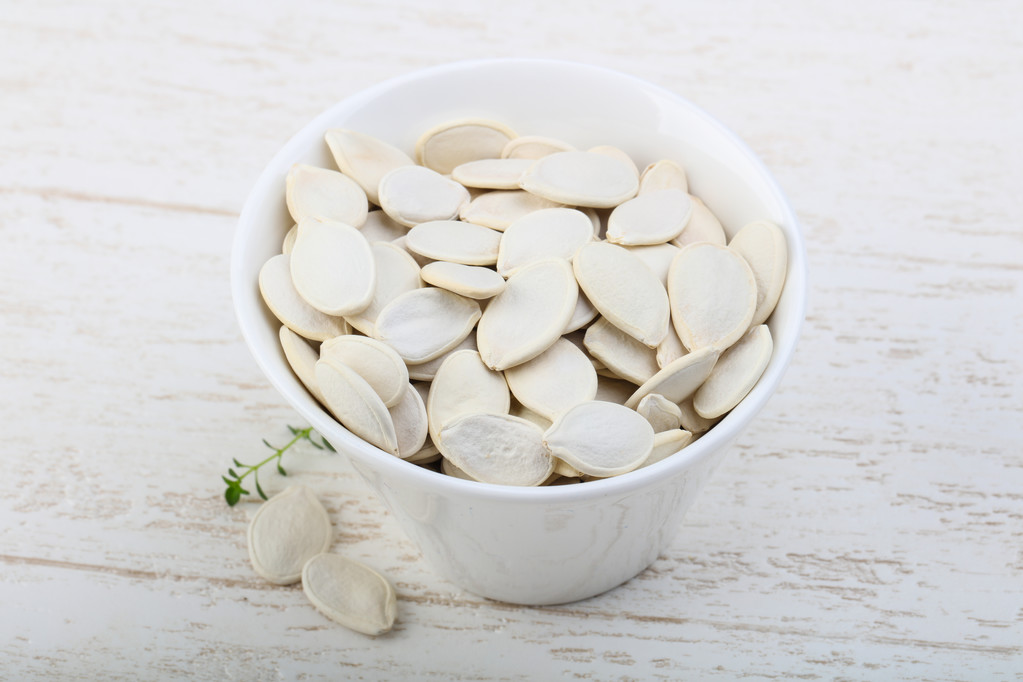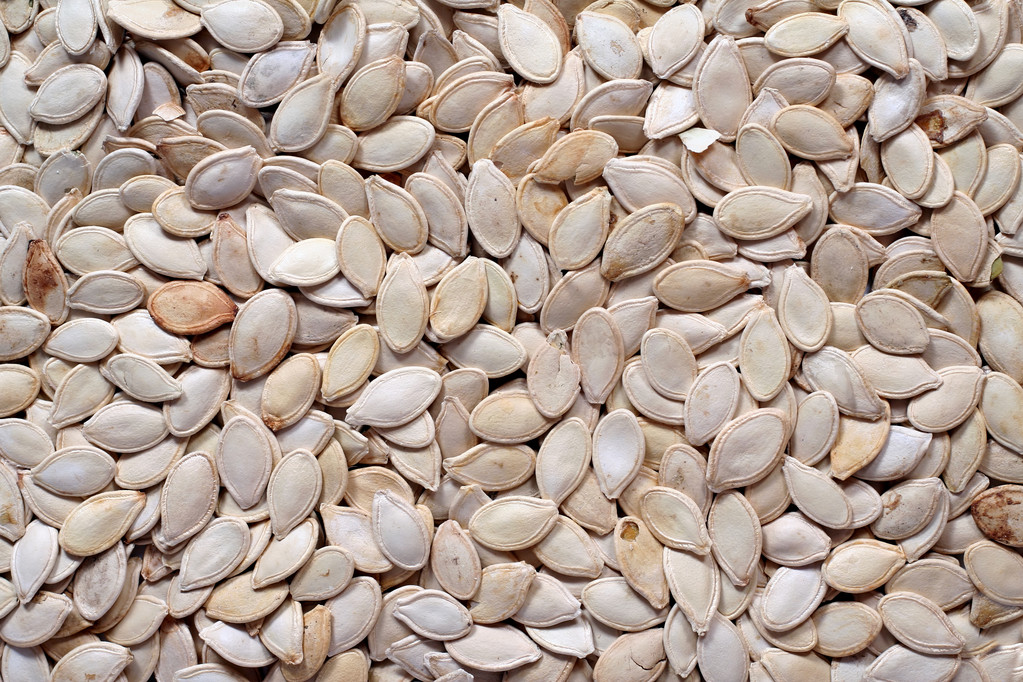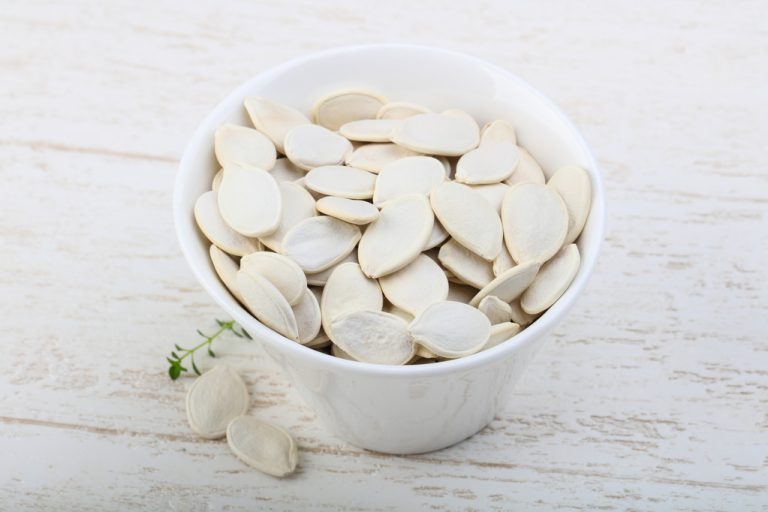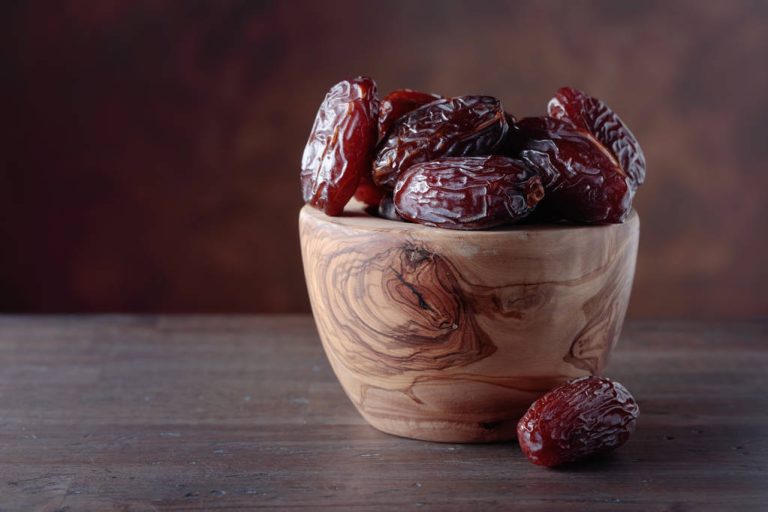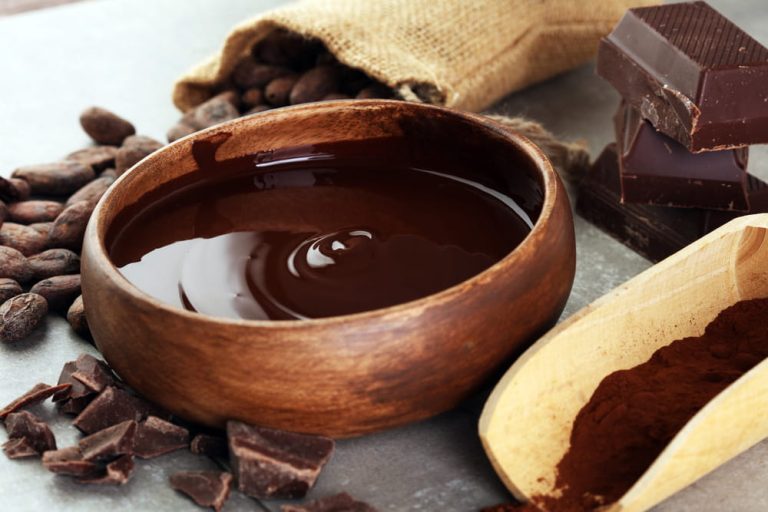Dates are becoming increasingly popular – as a sweet and as a sugar alternative. We took a look at where the fruits actually come from, how healthy they are and what you should consider when buying them.
Although the date palm epitomizes desert for us, it needs a lot of water to thrive. Because of this, most date palm groves grow around oases where water is readily available for a sophisticated irrigation system.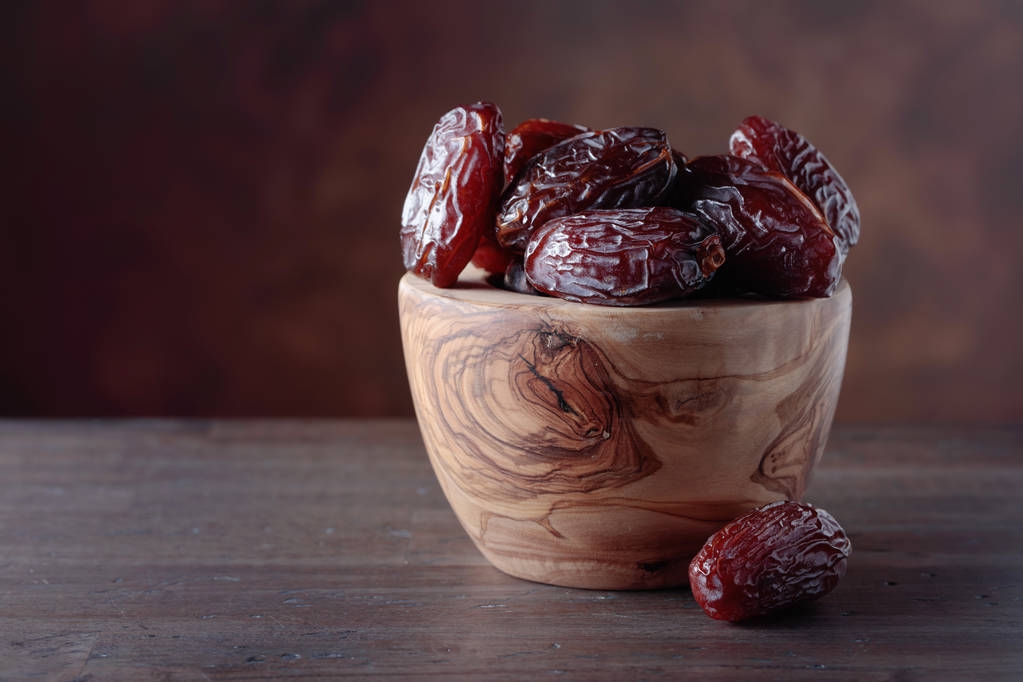
“The” date does not exist
The date palm is a cultivated plant that was of great regional economic importance, especially in the past. Building materials and fuel are obtained from their leaves, palm wine is made from the juice tapped from the trunks, and the fruits are traded or further processed.
There is not just one type of date palm, but countless, which differ in particular in the colour, size and shape of their fruits. Dates can therefore have many colors: yellow, red, brown, black and all shades in between.
Depending on the country of origin, different varieties are grown or favored. Most dates are grown in Egypt, Iran and Saudi Arabia. Medjoul dates (also spelled Medjool dates) are particularly popular with us because they have a particularly fleshy and juicy pulp and a soft, honey-like taste. The Deglet Nour date can also often be found here, it is a bit firmer and flourier in the flesh, has a harder skin and is easier to process.
Nutritional Values of Dates
Dates are still not only tasty, but also high-calorie food for everyone who is on the move – traditionally the Bedouins of the cultivation countries. We also often have them in our provisions as a snack, between meals or as food for the journey, because they are easy to transport and provide energy quickly.
The calories of dates vary between fresh and dried fruits and depending on the variety. Most brands state around 300 kilocalories per 100 grams for dried (organic) dates without stones.
Dates are basically fat-free and therefore cholesterol-free, high in healthy fiber and high in carbohydrates, of which about 15 percent is starch, with the rest being sugar. However, due to the roughage and the starch content, the fruits allow the blood sugar level to rise more slowly than other sweets, which is why there is a lasting satiety effect. This makes dates a healthy snack when you are hungry for sweets. Because of their comparatively high calcium and magnesium content, they are also ideal for athletes.
Dates as a healthy sugar substitute?
Sugar is basically neither healthy nor essential for our body, because it can produce sugar itself from starch products. Sugar has therefore been viewed critically for some time, so that there are more and more sugar alternatives that are said to be healthier.
Date sweetener and date syrup are obtained from dates, which are intended to replace sugar. However, due to the characteristic inherent taste, alternative date-based sweeteners are not suitable for all purposes.
Date syrup is made from fresh dates, which are first boiled with water for a long time and then filtered. What remains is a very dark syrup, which can also have a honey-like consistency. The syrup no longer contains any roughage due to the filtering.
Date sweeteners are dried and finely ground dates. It therefore also contains all the roughage and, in contrast to syrup, offers an additional health effect; it allows the blood sugar level to rise more gently. Due to its properties, however, date sweeteners can only be used for baking or as a sweet topping.
In principle, chemically speaking, these two sugar alternatives are also a type of sugar. The “healthy effect” of the minerals contained in small amounts is small. It is therefore healthier than replacing sugar one-to-one with date products to reduce the consumption of all kinds of sweets.
What do you have to pay attention to when buying dates?
Dates are susceptible to pests. There are several methods to avoid pest infestation. In conventional cultivation, the fruits are often gassed with bromomethane in their country of origin, a gas that is not only toxic to pests but also destroys the ozone layer. This has been banned in Germany since 2006, but not in the countries where the dates come from.
Organic dates are a little better: they are gassed with carbon dioxide to combat pests. This is a climate-damaging gas, but at least it does not destroy the ozone layer. Synthetic fertilizers and pesticides are also prohibited in organic farming.
Both methods of pest control are therefore ecologically questionable, which speaks for consuming dates only in moderation.
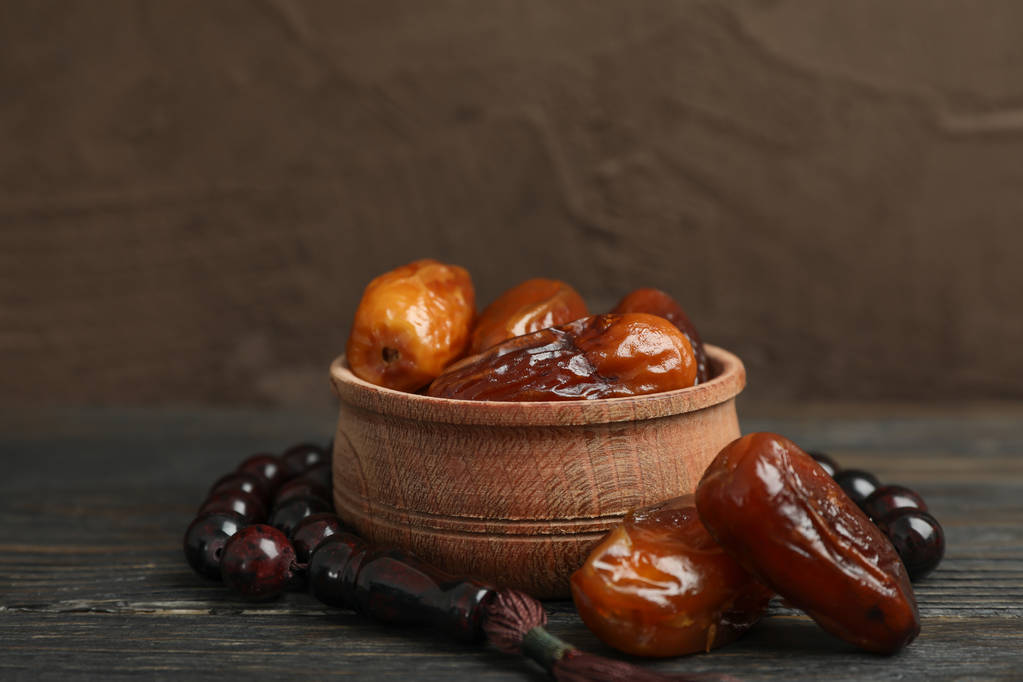
Conclusion: Dates are better only from organic cultivation and only in moderation
Dates are the better candy for everyone who likes it sweet or needs uncomplicated food for the road. Although date sweeteners or date syrup are interesting sugar alternatives, they are not suitable as a healthy substitute for any type of sugar, as they are industrially processed products with little added health value.
For the sake of the environment, you should not buy dates too often. If you buy dates, they should be dried and not fresh and come from controlled organic cultivation. If they are also fairly traded, you are also supporting the people in the country where they are grown.
